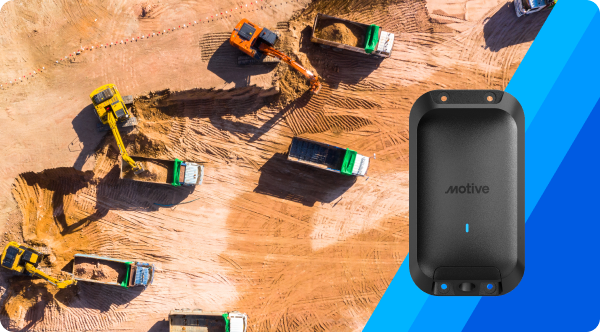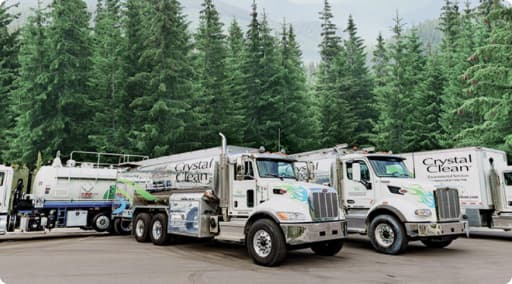What is a GPS?
GPS is a term many are familiar with, but what is a GPS exactly, and why is it important? Put simply, GPS is a type of technology that can track the location of an object. GPS tracking uses triangulation,a process founded in trigonometry and geometry to determine the location of a point by forming triangles to the point from other known points.
When radio technology was invented, we were able to use the same triangulation method to measure the strength and direction of a signal to triangulate where it originated. Satellite navigation uses radio signals that are transmitted from inner-earth orbit, and GPS satellites give off signals that GPS tracking devices use to determine both location and time.
What are the uses for GPS?
Since its inception, GPS has evolved in the amount of applications it has and is used by many commercial companies to track assets, determine efficient routes, and prevent asset loss. Some of the primary uses of commercial GPS technology are:
1. Vehicle tracking
GPS tracking is used in both passenger and commercial vehicles. Most new cars are factory-fitted with GPS, enabling drivers to use GPS satellite technology for navigation, take more efficient routes, and reduce fuel expenses.
2. Fleet tracking
Along with tracking single vehicles, GPS tracking solutions can also be used to monitor and dispatch entire fleets of vehicles, assets, and trailers. Fleet tracking is used in:
- Taxi and rideshare companies
- Commercial fleets
- Freight trucks
- Waste management
- Public transportation
- Emergency vehicles
- Roadside assistance
- Trailer tracking
- School busses
3. Heavy machinery
Companies in industries like mining and construction use GPS technology to generate a map view of all of the different parts of a mining or construction site. With the information GPS provides, site managers can monitor fuel use, the availability of inventory, and even employee productivity.
Sophisticated GPS solutions for heavy machinery industries give companies the information they need to manage payroll, validate invoices, and maintain vehicles and equipment due to wear and tear.
4. Agricultural use
The agriculture industry uses GPS trackers on tractors and other farming equipment. With GPS tracking, farmers can be more accurate when it comes to:
- Farm planning
- Field mapping
- Soil sampling
- Crop scouting
- Yield mapping
5. Route planning
GPS tracking systems allow you to plan the most accurate and efficient routes, and provide turn-by-turn directions that can update based on factors like weather, traffic, and other obstacles and constraints.
Learn everything you need to know about route optimization.
6. Vehicle or asset recovery
GPS tracking systems can also help find lost or stolen vehicles or other assets and recover them quicker with real-time location information. GPS tracking systems can also alert when assets leave geofenced locations, which helps to prevent theft and loss.



